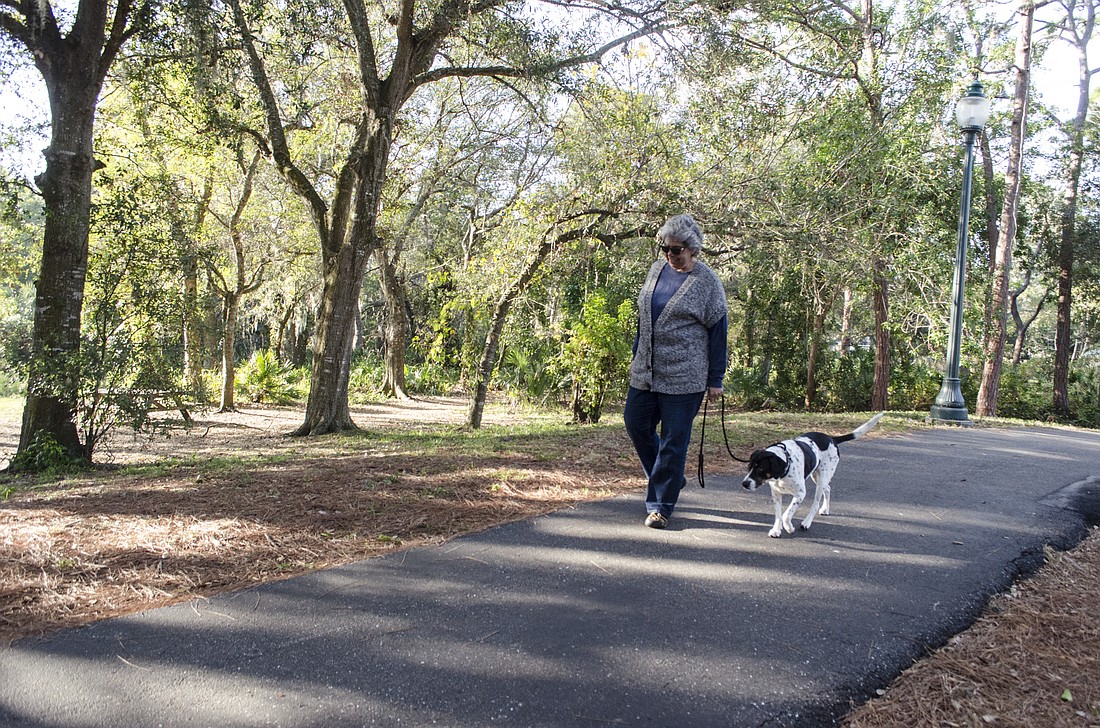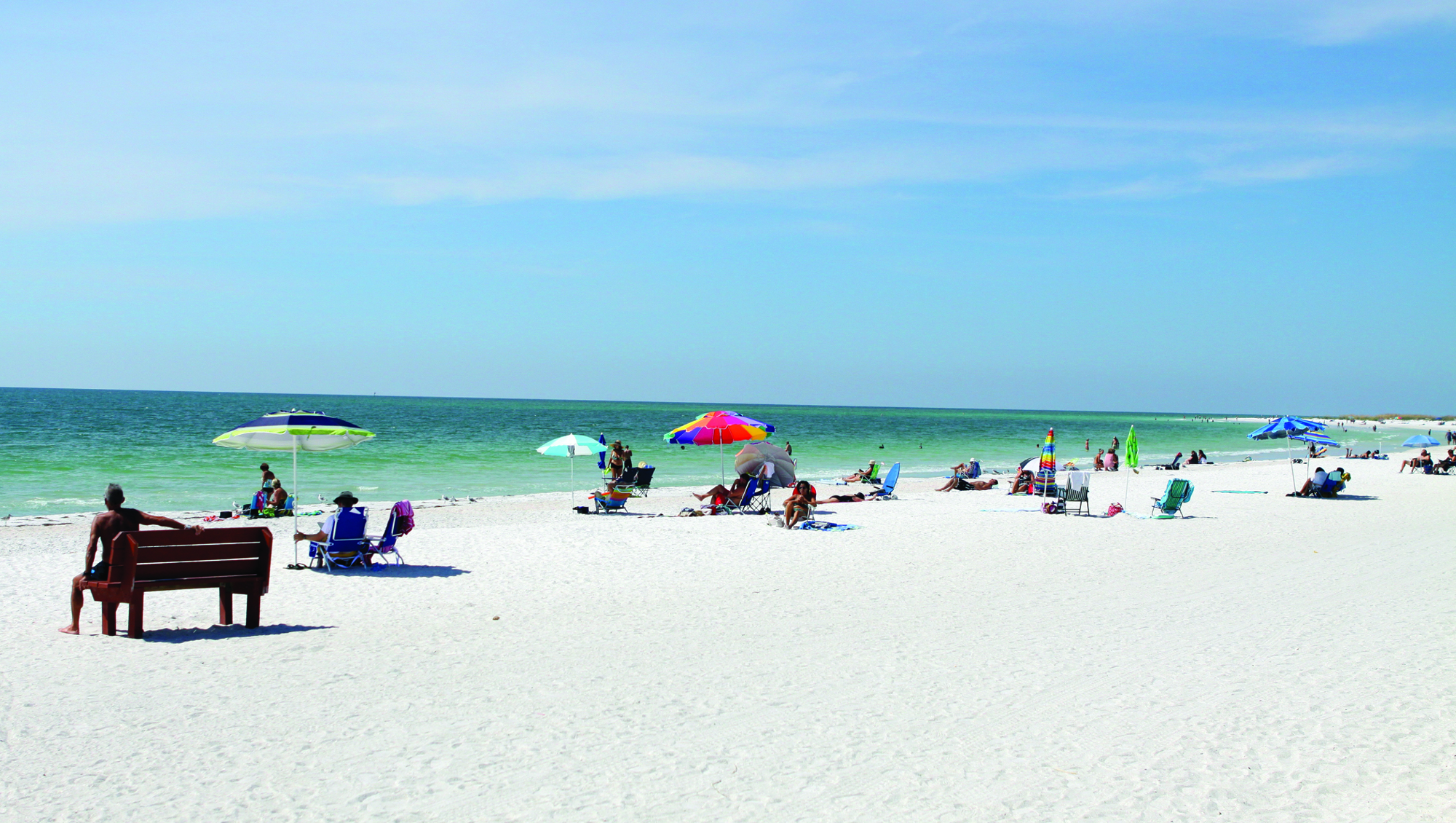- February 16, 2026
-
-
Loading

Loading

County Commissioners knew this was going to be a problem before even sending the letters.
During a November discussion of ongoing budget problems, county staff brought up a possible source of some relief: parks. Specifically, parks within city boundaries.
The county has deals, known as interlocal agreements, outlining its responsibility for managing parks in the cities of Sarasota, North Port and Venice. Sensing an opportunity to cut costs, staff proposed notifying those cities that the county may stop providing services for several parks within those municipalities.
“This is going to explode,” Commissioner Charles Hines said.
Still, the board moved forward. Trying to navigate its relationship with its cities, commissioners voted 3-2 to notify the municipalities of the county’s intent to terminate the deals Oct. 1.
The letters brought quick consternation from the cities, worried the county was less than a year away from withdrawing crucial financial support for parks services.
Today, county staff maintains the letter is just a prelude to negotiations with the cities on new agreements. Still, that leaves staff members at all levels to figure out what that will mean for the county and its cities — and how each government will continue providing services for residents.
The county is dealing with a serious fiscal challenge. After rejecting tax-rate increases to balance its budget’s general fund, county leaders find themselves looking for $11 million to cut from future annual budgets.
Later this month, each county department will present a plan for cutting 14% from its budget. Parks, Recreation and Natural Services receives the most general fund cash — about $20.1 million — so its spending cuts will be the most, too. The department also gets several million dollars of funding from other sources.
In 2016, the county spent about $5.5 million managing 29 parks in Sarasota, North Port and Venice. In the city of Sarasota, the county handles the day-to-day management of seven parks.
The 2011 interlocal agreement defines those facilities as regional parks, drawing users from outside city limits. Because that deal was reached in the midst of recession-era cuts, city officials said they were optimistic the county might revisit the terms — to offer more support for parks located within the city during a period of economic growth.
Now, that appears unlikely. Carolyn Brown, the county’s director of Parks, Recreation and Natural Services, said the goal isn’t to end all funding to city parks. Instead, the county wants to reduce costs where possible, focused on funding a more specific category of park.
That could include narrowing what it considers “regional.”
“If these are terminated, it would be our desire to try to implement that regional park model as part of that next plan,” Brown said.
Sarasota’s Deputy City Manager Marlon Brown is frank about the leverage the city has regarding the termination of the parks deal.
“None whatsoever,” he said. “This interlocal agreement is written in such terms that the city really does not have any true say in how the agreement can continue.”
To that end, the city has already begun to accept that certain county-operated parks might make more sense under city control. Arlington Park, for example, is in the middle of a city neighborhood. And places such as the Payne Park Tennis Center, which generates its own revenue, could be less burdensome to manage.
But the city must balance its own budget. If the county cuts all funding for parks within the city, the city would have to pay an additional $2.3 million annually to maintain the current level of service. As a result, the city is lobbying the county to continue managing parks it considers undeniably regional, such as Lido Beach and parks with boat ramps.
Carolyn Brown said it’s too early to discuss what, exactly, the cuts might look like. But she suggested the county could be in agreement with the city when it comes to redefining which parks truly qualify as regional.

The city has other concerns. There are logistical questions — what happens to the people the county employs at city parks?
And there are broader questions about policy: Are city residents, who are also county taxpayers, getting adequate support from the county government?
“If you divest yourself from these parks, is there a taxation issue, in terms of an equitable distribution of county funds?” Marlon Brown asked.
At this point in the process, there are no clear answers. County staff will continue to meet with the cities. The first workshop to identify possible county budget cuts is scheduled for Jan. 31.
Even as they search for significant cuts, county officials acknowledge the challenge its cities face, too.
“It’s going to be a balancing act,” County Commissioner Paul Caragiulo said. “We’re just sort of concerned with how we can identify efficiencies within the 13% of … the tax bill that [property owners] pay for parks.”
And although the city of Sarasota recognizes the county is empowered to cut back its support of city parks, it’s trying to preserve a partnership when it comes to regional facilities.
“A lot of these parks that they’re now looking to divest themselves of are not only visited by city residents,” Marlon Brown said. “There are county residents that use these parks, too.”